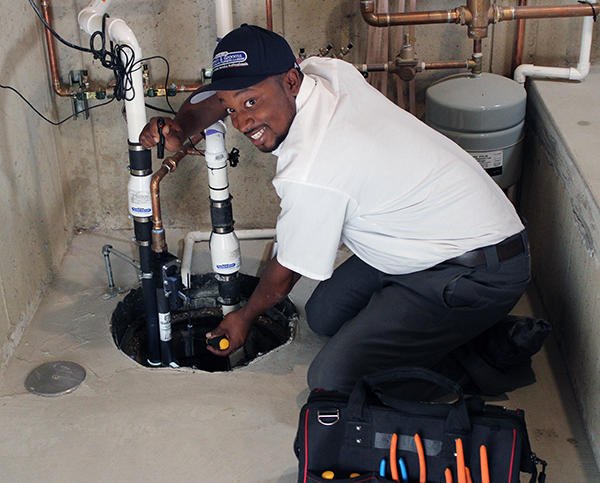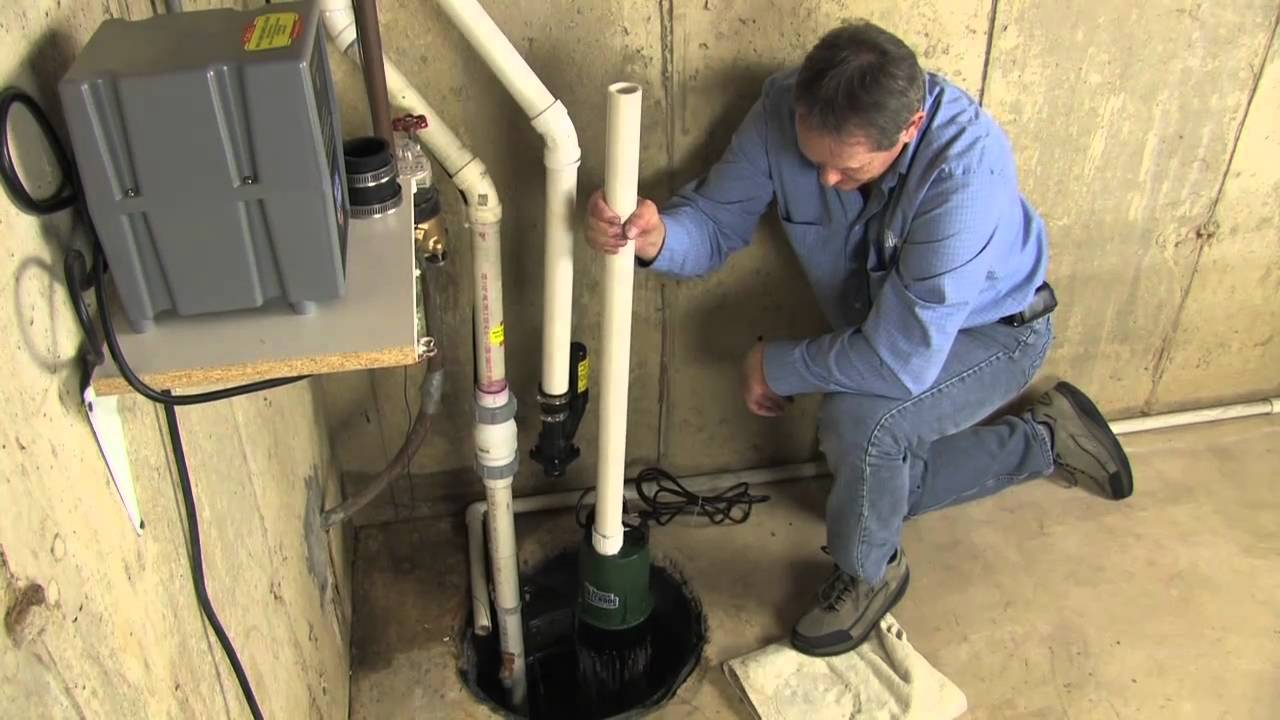Seamless Well Pump Replacement: Recovering Your Supply Of Water with Accuracy
Seamless Well Pump Replacement: Recovering Your Supply Of Water with Accuracy
Blog Article
Understanding the Key Components of Effective Water Filtration Systems

Relevance of Water Purification Solution
Water filtering systems play a crucial duty in ensuring access to secure and tidy drinking water by effectively eliminating contaminations and impurities. These systems are crucial in addressing the growing worries over water top quality and the potential health risks connected with taking in polluted water. By utilizing numerous purification devices such as reverse osmosis, triggered carbon, and UV sanitation, water filtering systems can successfully remove unsafe materials like germs, viruses, hefty metals, and chemicals from the water system.
Furthermore, water filtering systems assist to enhance the taste and odor of water by removing chlorine, sediments, and various other toxins that can impact its top quality. Well Pump Replacement. This enhancement in water high quality not just makes it much more tasty yet also motivates people to consume an ample quantity of water daily, advertising much better hydration and total wellness
Sorts Of Filtration Parts

Physical filters are made to literally strain out impurities from the water. These filters can be made from products like ceramic, carbon, or even sand, and they work by capturing particles larger than the filter's pores as water goes through.
Chemical filters make use of different chemical processes to eliminate impurities from the water. Instances include turned on carbon filters, which adsorb pollutants, and turn around osmosis membrane layers, which make use of pressure to different contaminants from the water.
Organic filters make use of living organisms like germs or algae to damage down natural matter and contaminants in the water. These filters are usually used in wastewater treatment plants or all-natural water filtration systems.
Understanding the various sorts of purification elements is important for selecting one of the most ideal water purification system for particular filtration needs.
Function of Debris Filters
Sediment filters play an essential function in water purification systems by properly capturing strong fragments put on hold in the water. These filters are normally the very first line of defense in a purification system, getting rid of bigger fragments such as sand, silt, dust, and rust before the water moves with finer filtering stages. By capturing these sediments, the filters stop them from getting to downstream components, hence expanding the life-span and performance of the entire system.
Ignoring this upkeep can lead to obstructing, minimized water circulation, and compromised filtration effectiveness. On the whole, sediment filters are indispensable parts that contribute considerably to the efficiency of water filtration systems.
Function of Turned On Carbon Filters
Playing a he said critical role in water filtering systems, turned on carbon filters contribute in eliminating contaminations and contaminants from the water. These filters are designed to adsorb and trap a vast array of pollutants, including chlorine, unstable natural substances (VOCs), chemicals, and herbicides. The activated carbon material has a large surface area, enabling the effective capturing of impurities through a process called adsorption. As water travels through the filter, the triggered carbon draws in and holds onto the contaminations, making certain that the water that comes out on the other side is cleaner and safer for consumption.
Triggered carbon filters are extremely efficient at boosting the preference and smell of water by minimizing chemicals that can affect its quality. They are additionally read here with the ability of getting rid of specific heavy metals like lead and mercury. Additionally, these filters can aid protect against the accumulation of germs and algae in water, further enhancing its overall top quality. As a result of their adaptability and dependability, activated carbon filters are a key part in making sure that water is cleansed to the highest criteria before reaching customers.
Comprehending Reverse Osmosis Systems
Reverse osmosis systems are innovative water filtering systems that use an advanced procedure to eliminate impurities and pollutants from alcohol consumption water. These systems work by using pressure to the water, requiring it with a semi-permeable membrane. This membrane layer serves as an obstacle, enabling just pure water particles to pass through, while blocking bigger molecules such as minerals, chemicals, and other contaminations. Consequently, the water that appears on the various other side is substantially cleaner and much safer for intake.
One key advantage of reverse osmosis systems is their ability to eliminate a large array of contaminants, including heavy metals, liquified germs, infections, and solids. This makes them highly efficient in enhancing the total top quality and safety and security of alcohol consumption water. Additionally, reverse osmosis systems are relatively low-maintenance and can be installed under the sink or in a central filtration system, offering practical access to tidy water throughout the home. Generally, recognizing how reverse osmosis systems function can aid people make educated choices concerning their water purification requirements.
Final Thought
Finally, efficient water filtering systems are important for making sure secure and clean drinking water. The vital elements of these systems include debris filters, triggered carbon filters, and reverse osmosis systems. By recognizing the feature and role of reference each part, people can make informed choices when choosing a water filtration system. It is vital to prioritize the quality of water in order to advertise general health and health.
Water filtration systems play a crucial function in making certain access to clean and risk-free alcohol consumption water by successfully eliminating contaminants and pollutants. By using numerous purification systems such as reverse osmosis, activated carbon, and UV sanitation, water purification systems can efficiently remove hazardous substances like bacteria, viruses, hefty steels, and chemicals from the water supply.
Sediment filters play a vital duty in water filtration systems by efficiently recording strong particles suspended in the water (Water Softeners).Playing a critical role in water filtration systems, triggered carbon filters are critical in getting rid of contaminations and contaminants from the water supply.Reverse osmosis systems are advanced water filtration systems that utilize an advanced procedure to get rid of impurities and contaminations from alcohol consumption water
Report this page